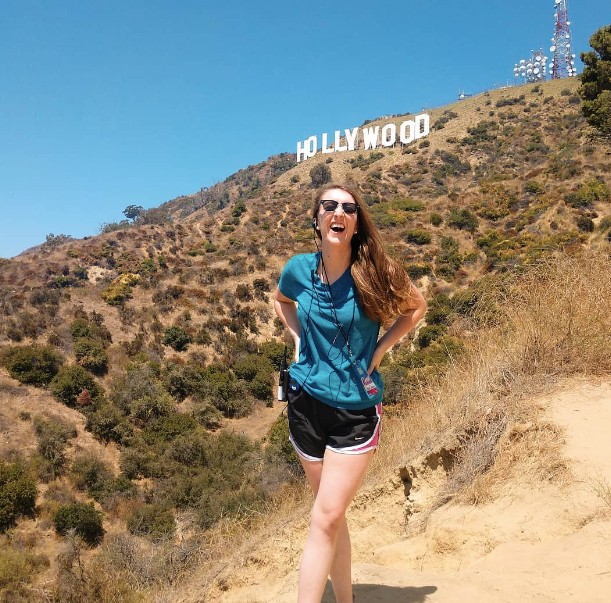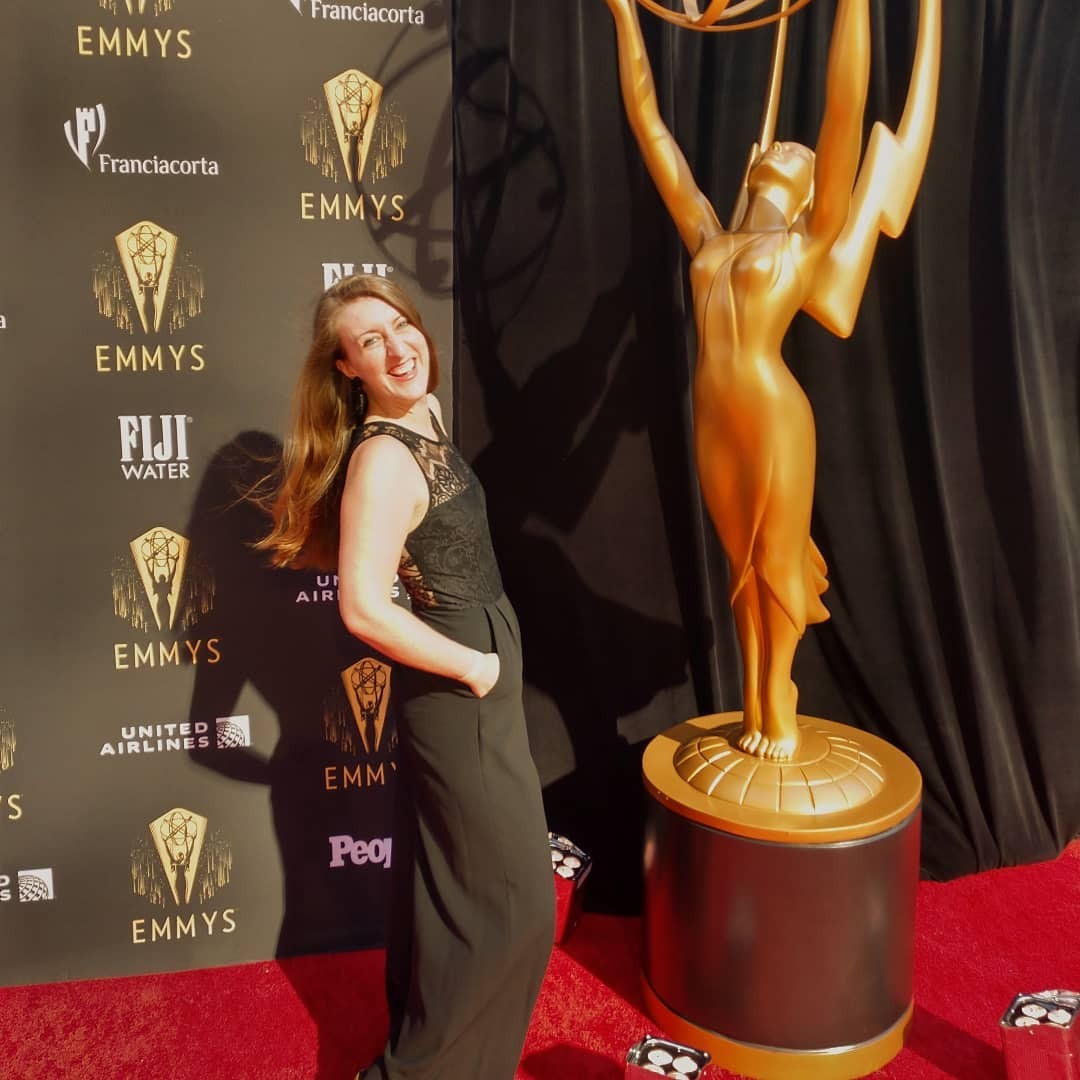Alright – so today we’ve got the honor of introducing you to Grace Douglas. We think you’ll enjoy our conversation, we’ve shared it below.
Grace, appreciate you joining us today. How did you learn to do what you do? Knowing what you know now, what could you have done to speed up your learning process? What skills do you think were most essential? What obstacles stood in the way of learning more?
I got a Bachelor of Fine Arts in Acting, which is a degree that winds up being useful no matter your field. You learn practical people skills as an actor that are invaluable, but what that specifically means for me is that I spent four years studying story building. (It sounds cheesy, but stay with me) Working on documentaries and unscripted television is an exercise in mining the best possible story from the available content, which is EXACTLY what you’re taught to do as an actor. The foundations are nearly identical: from making sure that a storyline has a clear beginning, middle, and end, to building tension and finding enough conflict to create compelling drama, these two practices are interchangeable in my mind. And while I don’t think an acting degree is essential to television producing, it’s clear to me that it has helped immensely.

Awesome – so before we get into the rest of our questions, can you briefly introduce yourself to our readers.
At parties, I like to introduce myself as a lady of leisure, but my professional job description is that I’m an unscripted television producer. I’ve done a little bit of everything, but I work predominantly on documentaries. I moved to Los Angeles over a decade ago as an actor, and the journey of how I wound up as a producer went more or less like a game of Candyland: lots of twists and turns, a few setbacks, and a lot of beautiful people. (I PROMISE that is the only cheesy thing I’m going to say, so you should definitely keep reading…)
Getting a degree in acting meant that I spent four years being told I was going to be unemployed, so I graduated college ready to a) starve and b) figure out a sensible day job. I moved to Los Angeles straight after undergrad and became a nanny, which lead to a teaching opportunity, which lead to a job at a production office. One thing I learned during that journey is that the nebulous idea of “networking” is kind of bullshit. It’s way more effective (for your career and for your general development as a human) if you get to know people for who they are, not what opportunities they can provide for you. I worked in that production office for a few years and ultimately it was a family friend who wound up giving me my first job in television. And by the way, I’m not ignorant of the privilege it is to have a family friend offer you a job. But while it was the friend who opened the door, it was my skills and assets that kept me inside the door. I suppose that I’m supposed to say that winning three Emmy Awards is my proudest accomplishment, but honestly fostering the relationships and building the stories I’ve worked on is what I find to be the most satisfying. What sets my work apart is that I’m a really sharp producer when it comes to mining and crafting a story, but I’m also really good with people, which is a unique combination.

For you, what’s the most rewarding aspect of being a creative?
Being a creative means that the field I’m in makes for learning new things CONSTANTLY, which I love. Every show I work on is different, which means I get to become a mini expert on something new every few months. The collaboration is also wickedly satisfying: working with other people to build a show or an episode is really fun and exciting. I worked remotely for two and a half years and HATED it. Being in the same room with people while you are kicking around an idea that needs to take shape to land an idea or tell a story in an episode is CRUCIAL. (Also I’m a sucker for water cooler conversations, what can I say?) This is also a time when it’s important to give up the idea of “networking” and just GET TO KNOW PEOPLE. The more you know and understand someone, the more trust is fostered, which leads to better and stronger collaboration.
Any resources you can share with us that might be helpful to other creatives?
I think in creative industries, there aren’t as many cut and dried ways to find mentorship as there might be in other fields. There is less of a black and white trajectory, and so sometimes it’s harder to figure out who you want to be looking towards, when it comes to career (and creative) guidance. My brother is an attorney, and I’ve always envied the fact that the career trajectory for a lawyer is pretty laid out, even from when you’re in law school. Which means that in a creative field, you have to work harder to seek out mentors. I spent a lot of time early in my career kind of waiting for a mentor to drop into my lap, not realizing that if I wanted a good one, I had to go out and FIND ONE. And I wish I had a magic formula for this, but all I can tell you is that whenever I find someone good, I cling onto them like Dug the dog from the Pixar movie “Up.”
Contact Info:
- Instagram: @graycdee
- Facebook: @gracedouglas12
Image Credits
Amanda Miller


